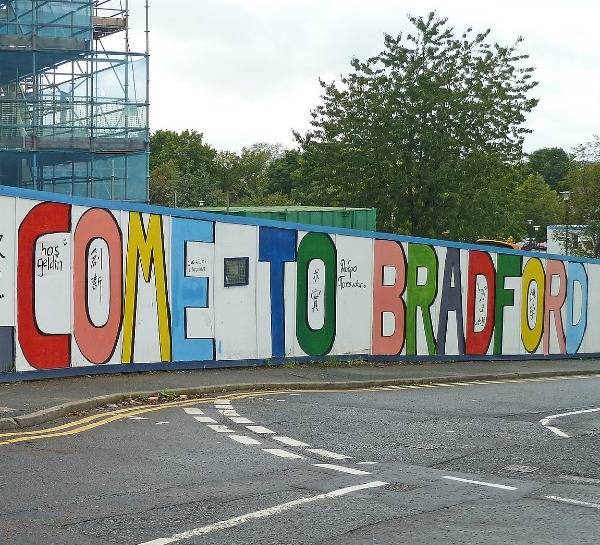On 1 November the US House of Representatives responded to what they said was a crisis of national identity by passing a motion to reaffirm the official motto of the United States: “In God we trust”. That same week the Public Religion Research Institute released its 2011 American Values Survey which showed that 67 per cent would be uncomfortable with a president who did not have some kind of religious belief. In January the US enters primary season, when the Republican party chooses who will be challenging President Obama in November’s presidential election, and it comes as no surprise that every one of the nomination hopefuls has made a point of emphasising their sincerely held faith in God. As Abby Ohlheiser writes in her analysis of their chances, no matter who gets the nomination it seems clear that the next US president will not be an atheist. She also tells us why our cover star Sarah Palin has pulled out of the campaign, and assesses the chances of current front runner Mitt Romney, a Mormon, against the resurgent Newt Gingrich.
One of the ironies of the PRRI survey is that while atheists are still the group least trusted to hold political power, they are also shown to be the fastest growing “faith” group in America. Even so, as Jamila Bey writes, it can be hard being an atheist in America, and doubly so if you are black. From Martin Luther King to Reverend Jesse Jackson and from Aretha Franklin to the Reverend Al Green, Afro-American politics and culture are deeply entwined with religion. Turning your back on God, she writes, can get you accused of being a race traitor.
For a comprehensive primer on the huge array of American faiths and their foibles you don’t need to go to America. Look no further than your TV screen. For 22 years everyone’s favourite dysfunctional family, The Simpsons, have been shining a satirical light on America’s addiction to faith. Catholics, Hindus, evangelicals, cults, God and Ned Flanders have all been grist to the Groening mill. Andrew Mueller recalls some of the best lessons, and the funniest lines. But don’t laugh too soon, as Francis Beckett tackles a rather more insidious American TV import – ranting televangelists. Beckett provides an insight into the homegrown versions of this grisly type currently filling up the Sunday-morning godslot.
If all this is enough to make you want to shoot your TV, why not switch off and take comfort from the rich humanist fare on the rest of our pages. Comedy writer Andy Hamilton pays tribute to that original God-botherer, the Devil, while Sally Feldman suggests why you should be eating cream puffs, chips and deep-fried Mars Bars this January. Biographer Claire Tomalin tells Matthew Adams about the great humanity, and the all too human failings, of Charles Dickens. Finally, if you’re stuck for a New Year’s resolution we can supply an ideal one: invest in a year’s worth of this excellent magazine for yourself (or for a good friend).

